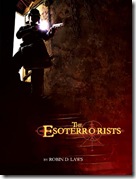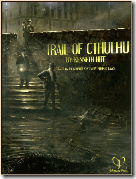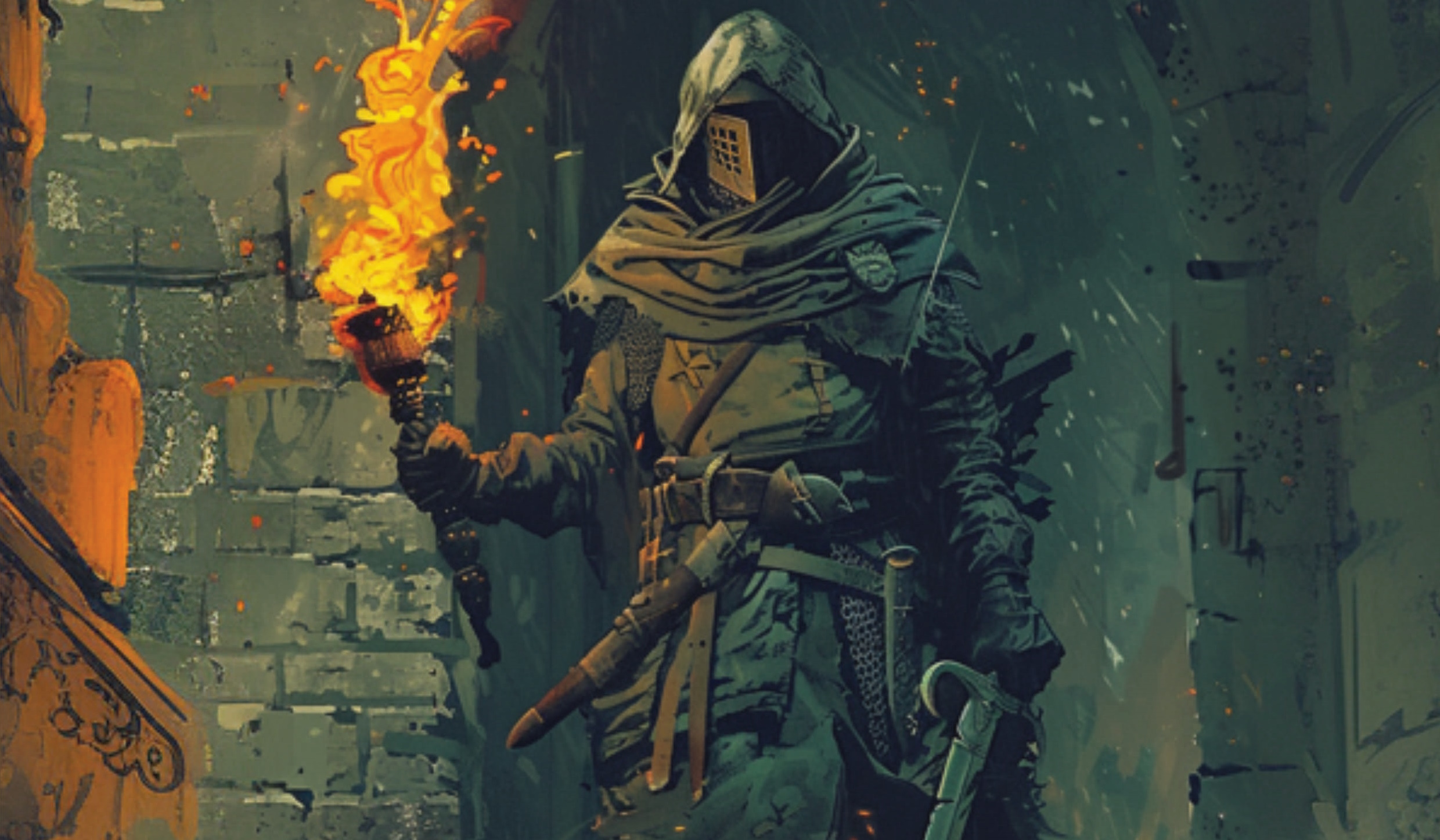Ask The Readers: What are your thoughts on the GUMSHOE system?

 Recently I have thought about running another horror campaign this fall/winter and two of the games I am currently considering are Esoterrorists and Trail of Cthulhu from Pelgrane Press.
Recently I have thought about running another horror campaign this fall/winter and two of the games I am currently considering are Esoterrorists and Trail of Cthulhu from Pelgrane Press.
Both games are using the GUMSHOE system, that focuses on investigative scenarios.
There are two kinds of skills in Gumshoe: Investigative Skills and General Skills. General Skills work much like skills in any other system. When you perform an action, you roll the dice and the result tells you if you have succeeded or not. Investigative skills never fail. When you have the right skills and if you can put them to proper use in a given scene you get the clues. Aside from that, Gumshoe is a pretty standard rules-light roleplaying system, but the automatic successes for Investigative Skills is what sets it apart.
I have to admit this sounds pretty interesting on paper but alas I haven’t been able to try Esoterrorists or Trail of Cthulhu out yet. So, I am asking my players if anyone has already played any GUMSHOE game and if he or she could share the experience with us. Does the system work as advertised? Or does the system make clue gathering too easy?



7 comments